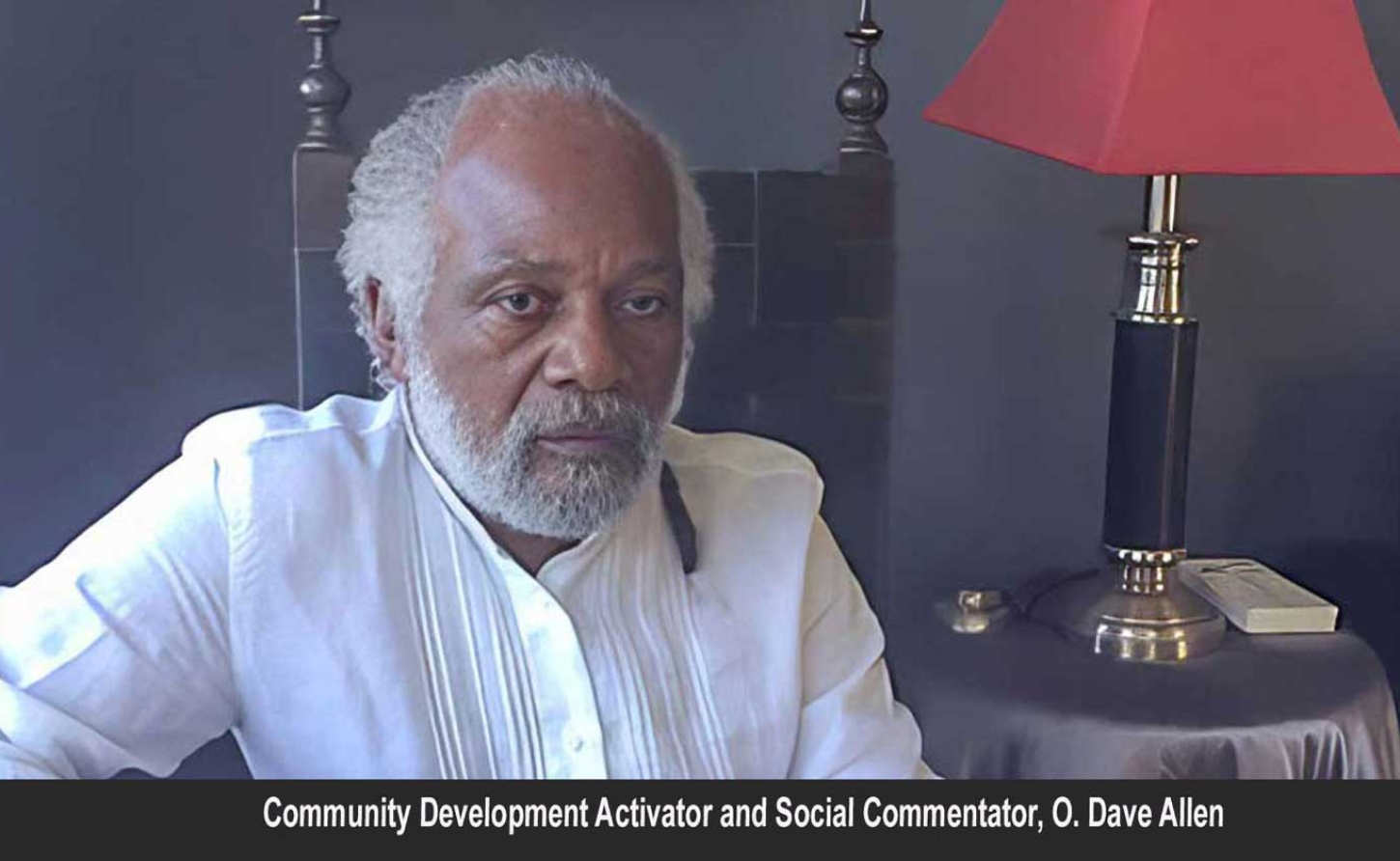JAMAICA | How Trump’s Caribbean Power Play is Shattering Our Zone of Peace

“Jamaica's diplomatic dilemma is a precarious balancing act between loyalty to long-standing allies and the lure of economic benefits from emerging global powers.”
MONTEGO BAY, Jamaica, October 11, 2025 - For half a century, the Caribbean has clung to the fragile hope of remaining a Zone of Peace — a region defined by dialogue, sovereignty, and non-intervention.
That ideal, forged in the crucible of decolonization and championed by Caribbean statesmen like Michael Manley and Maurice Bishop, has been steadily eroded. Today, it lies in ruins — a casualty of renewed U.S. saber-rattling, geopolitical arrogance, and the moral silence of regional leaders who once swore to defend our independence.
A New Cold War in Warm Waters
The Trump administration’s aggressive posturing toward Venezuela, disguised as anti-narcotics enforcement, reopened old wounds in Caribbean diplomacy.
Under the guise of combating “drug trafficking,” U.S. naval vessels have stalked the Caribbean Sea, intercepting Venezuelan fishing boats, firing upon civilian vessels, and reasserting control over a maritime corridor that was once a symbol of freedom and friendship. Each act chips away at the fragile trust between the Caribbean and its most powerful neighbor.
As I noted earlier this year, “The Trump administration’s decision to list Jamaica as a drug-transshipment state is not about narcotics—it is about obedience. The message is clear: yield to Washington’s demands or risk diplomatic isolation and economic reprisal.”
That designation was not an indictment of Jamaica’s law enforcement capacity but a strategic warning — a way of keeping the region within Washington’s orbit through economic intimidation masquerading as moral policing.
Now, in a cruel twist of fate, Grenada — the tiny nation whose revolution and sovereignty were crushed by U.S. forces in 1983 — finds itself once again at the crossroads of empire.
This week, Grenada’s Ministry of Foreign Affairs confirmed that Washington had requested to install radar equipment and technical personnel at Maurice Bishop International Airport — the very airport named for the man assassinated in the U.S.-backed coup that shattered his socialist dream.
The request, like so many others from Washington, arrived wrapped in diplomatic pleasantries: temporary, technical, mutually beneficial. But to those who know history, it reeks of déjà vu — a modern replay of the coercive politics that once turned our archipelago into a chessboard of superpower rivalry.
The Silent Complicity of Kingston
Jamaica, once the conscience of the Caribbean, now stands disturbingly mute. Prime Minister Andrew Holness’s administration has long abandoned the principled non-alignment that guided Norman Manley and Michael Manley — men who believed that small nations could stand tall in global affairs without kneeling before Washington or Moscow.
Instead, the Holness government has charted a path of strategic obedience — a quiet, calculated alignment with U.S. interests that has left Jamaica out of step with the Caribbean consensus and alienated from its historic allies in the Global South.
When Holness traveled to Washington to meet with then–Secretary of State Mike Pompeo and Florida Senator Marco Rubio, few believed those meetings were about trade alone.
In hindsight, it is clear that Kingston’s foreign policy was being repainted in the colors of U.S. interventionism — soft power diplomacy cloaked in the language of “security cooperation” and “democratic transition.”
As I wrote in Jamaica’s Diplomatic Dilemma, “Holness must carefully consider Jamaica's national interests and navigate the complex geopolitical landscape to maintain a delicate balance between its relationships with the US and China.” But balance, it seems, has given way to submission.
The result has been Jamaica’s moral drift: a retreat from its legacy of solidarity with the people of Venezuela, whose sovereignty was once defended by Portia Simpson Miller and the People’s National Party as a matter of principle, not political convenience.
A Region at the Crossroads
Grenada’s current dilemma exposes a broader truth — the Caribbean’s post-colonial project of neutrality and peace is under siege. The Zone of Peace proclaimed by CELAC and reaffirmed by CARICOM was never merely a slogan; it was a promise to ourselves that no foreign flag would again dictate the terms of our survival. Yet, as Washington reasserts its shadow across our waters and regional leaders nod in silent compliance, that promise fades into memory.
The moral authority once wielded by the Caribbean — as mediator, bridge-builder, and moral voice of the developing world — has been squandered. We have traded independence for aid, sovereignty for access, and dignity for diplomacy.
The echoes of Bishop’s martyrdom and Manley’s defiance should remind us that our peace is not guaranteed by proximity to power but by fidelity to principle. Or, as I warned months ago, “Jamaica must preserve its relationships with China and the United States while also exploring new alliances, such as with Africa, to maintain its sovereignty and promote its economic development.”
The Call of History
History is watching once more. Will Grenada bow to pressure and become a forward base in Washington’s long campaign of regime change in oil-rich Venezuela? Will Jamaica continue to speak softly where once it roared for justice and neutrality? Or will the Caribbean rediscover the courage to say, in one united voice, that our sea is not a battlefield — it is a home, a sanctuary, a zone of peace?
The choice is ours. But silence, as always, will be remembered as complicity.
© O. Dave Allen, 2025 | Contact:
